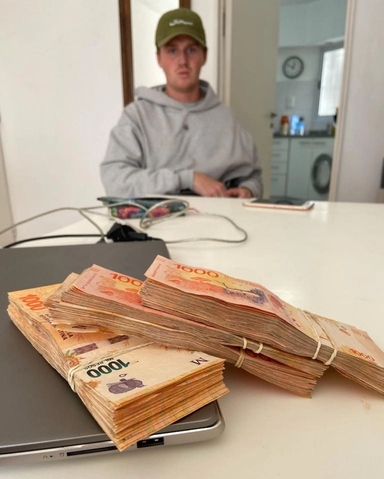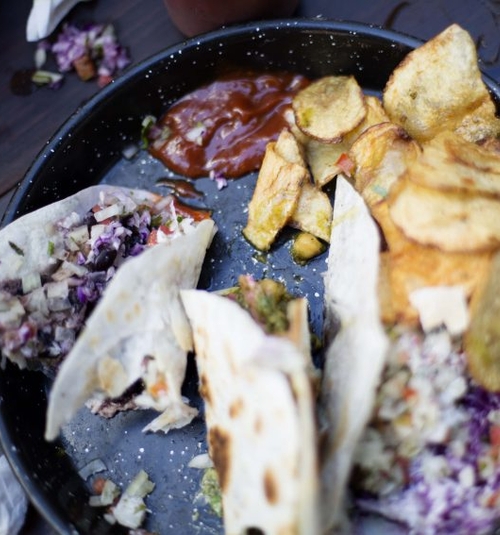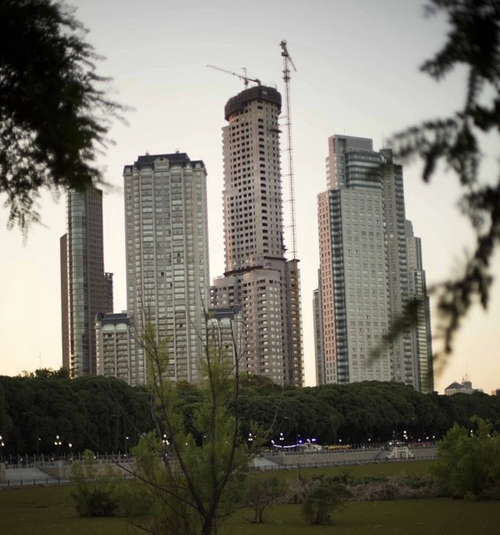

Get a SUBE-card
You’ll quickly realize that Buenos Aires is an enormous city and that it takes time to get around. Although Uber is huge and cheap in Buenos Aires it can take reeeeally long time to go from A to B by car as there is so much traffic.
Getting yourself a SUBE-card to use the collective transport is hence essential. They sell them at most Kioscos all over town and you top them up with money on the stations.
I highly advise you to take advantage of the underground system as it’s cheap, fast and reliable. Use Google Maps to help you find what lines to take and when to change!
Stay aware
There isn’t a lot of violent crime in Buenos Aires, but petty theft does occur quite often. I’ve been carrying a sling bag on my chest all the time while I’m outside with my valuables and I still have everything I arrived with.
It’s advised to leave expensive and flashy jewelry at home and to bring a second phone if one gets stolen. Apple products aren’t sold here and are considered really exclusive, so be careful! Also remember to not go alone at night and to keep away from shady areas.
Kulturstudier staff in Buenos Aires will help you know where not to go. You should also use nothing but Uber (pay in cash) and make sure to not go alone in one at night. I’m not trying to scare you, but just bring awareness as this is a huge city.
Money situation
The money situation in Argentina is complicated, really complicated. The inflation is out of this world and prices change everyday.
Some of the locals I’ve talked with say that they feel like they’re doing a Ph.d. in economics just by living in Argentina. It’s impossible for me to predict what it’ll be like for the ones that come after me, but I highly advise to bring as much USD in cash as you can, preferably in fresh $100 bills.
I only brought $900, but I’d bring a lot more if I could. You’ll always be able to get yourself Argentinian pesos without dollars, but it’s time consuming and frustrating as they suddenly are out of cash. With USD you can bring it to an office and immediately exchange it for pesos.
You should also be prepared to forget using your debit/credit card – it’s possible, but you’ll be charged more than if you pay in cash. I understand it may seem exhausting, but you’ll quickly get used to it. Make sure to read some about the economical situation before you go, and again, bring USD!!!
When to tip
We learned that tipping is expected the hard way on our first day in Argentina, but it’s not always that easy to know when to tip.
At restaurants where you’re seated and get served at the table, often more expensive meals, it’s expected to tip 10% of the total. Often the servers will let you know that the “service is not included” which means that you should add 10%, while others don’t.
At cafés and other takeout restaurants you’re not expected to tip, but you certainly can. I recommend tipping when in doubt as the amount often is very low.





